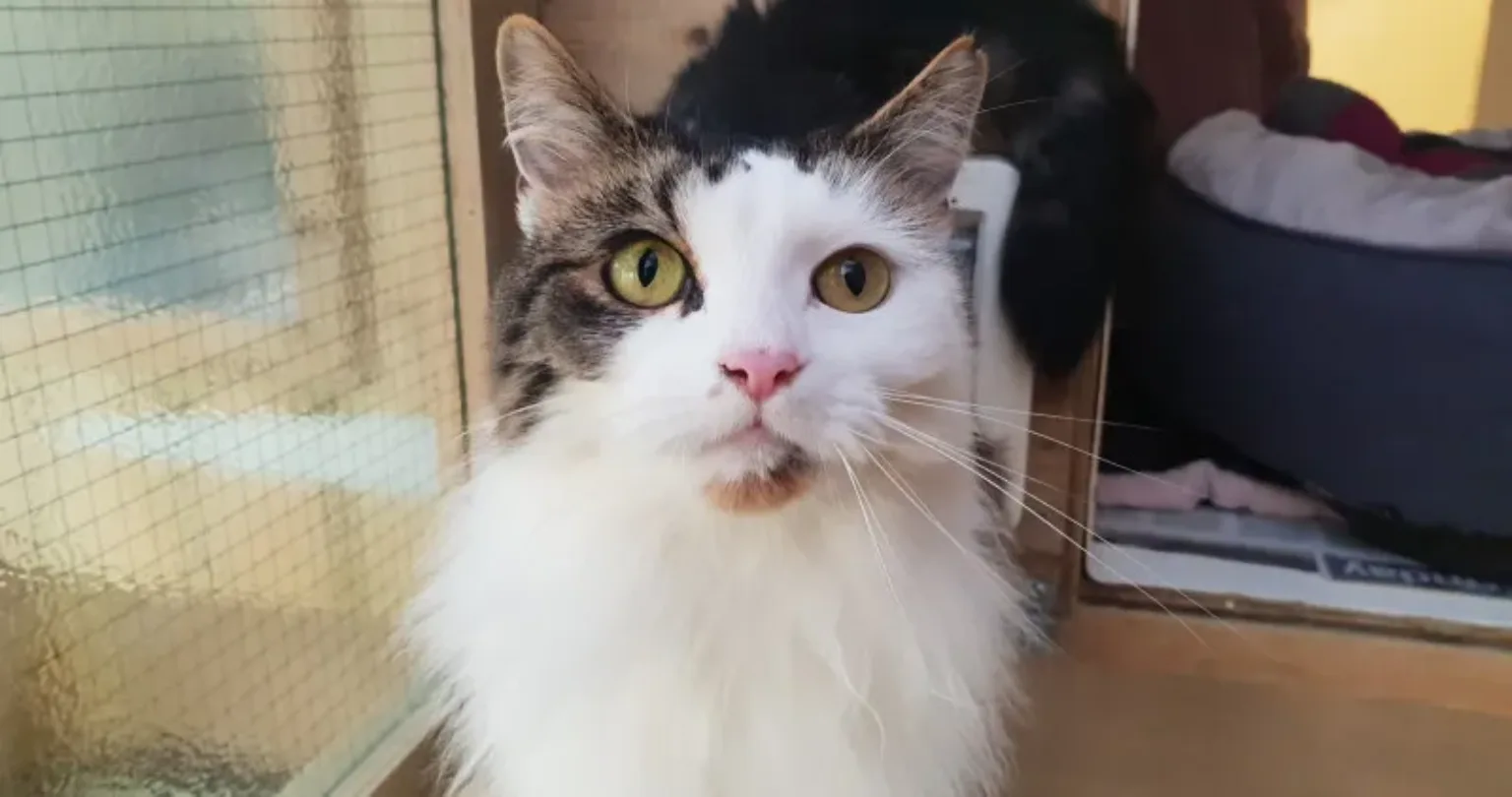When it comes to pets, we've all got questions
Ever feel like your pet is from another planet?

Cataracts is when the lens of the eye clouds over - this affects a pet's vision and can eventually lead to blindness. It can affect cats and dogs.
If you suspect your pet has cataracts, your vet will carry out an ophthalmic exam. They may also carry out a blood test to check glucose levels. If cataracts are diagnosed, you’ll need to take your pet to the vet for regular checks every six and twelve months.
Cataracts can progress to cause total blindness if you don’t opt for surgery. In some cases cataracts can cause complications that may result in the need for other treatments or even eye removal.
It’s a good idea to discuss costs with your vet before starting any treatment.
Make sure you review the clinical history of your new pet and ask for more details on how the condition has been treated. You’ll need to sign a disclaimer to confirm you’ve been made aware of the condition. Any pet who’s had treatment is likely to have pet insurance exclusions, so it’s worth discussing potential on-going costs with your vet.